It’s been known since ancient times that vegetables and herbs are crucial in maintaining health and improving your well being. But some of those common plants and herbs have medical properties and can turn into natural medicine when living-off-the-grid. What else would you use these items for? Let’s take a short look at some of the common vegetables preppers should have in their stockpiles.
Onion deserves to be called a superfood: it is well packed with vitamin C, vitamin B6, folic acid, flavonoids and some other nutrients, with powerful anti-inflamatory, anti-cholesterol, anticancer and antioxidant properties. Onions have 25 active compounds that help combat heart disease, inhibit strokes, reduce cholesterol levels, and boost your immune system.
The onion is also known for its diuretic properties. You can relieve bruises, burns and bee stings by placing a raw onion on the affected area. Remove a splinter by tapping a slice of fresh onion on the skin overnight, and use a few lukewarm drops of cooked onion juice to relieve earache.
Onion tea is really useful to calm down sore throat, and also in cleaning out acneic skin. Onion juice is known to be a natural moth repellent, and prevents insect bites, when you rub it on your skin. Plus, you can use onion to clean your grill, to polish metal or clean bath sponges.
And don’t forget to paint Easter eggs using hard boiled onion skin.
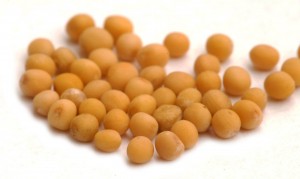
Mustard seeds are packed with flavonoid and caretonoid antioxidants, selenium and magnesium, and also niacin and vitamin B3. Selenium and magnesium make mustard seeds great in relieving rheumatoid, arthritic and muscle pain.
The antioxidants prevent gastric cancer, and can also slow down the ageing process. Niacin and vitamin B3 help reduce cholesterol levels and protect the arteries from atherosclerosis.
It also give a big helping hand in protecting the body from hypertesion. Due to its antifungal properties, mustard helps clear many common skin infections, and increase the body’s ability to fight diseases. Use mustard seeds to improve digestion, reduce constipation, and relieve symptoms of hemorrhoids and anal fissures.
And that’s not all, as you can use use mustard seeds to get rid of bad smells: it turns into a perfect skunk smell remover, and used bottle deodorizer.
Garlic has been used both as a spice and a herb for thousands of years: it has a high level of allicin, a sulfur compund similar to that found in onions, and is a great source of vitamin B6 and vitamin C.
Those substances make garlic useful in so many ways, in as well as outside the kitchen. Its antioxidants kill bacteria, and help the immune system fight chest infections, coughs and congestion: make a tea with 4-5 chopped garlic cloves in hot water, then strain and drink.
Due to its anti-inflammatory properties, garlic is a great natural remedy for acne and cold sores, and relieves psoriasis outbreaks.
Garlic is a natural help for people with diabetes, as it enhances the level of insulin in the blood. It also reduces LDL cholesterol level and fights cardiovascular diseases and impotency.
There are lots of other uses for garlic to take into account when living-off-the grid. Fish are attracted to garlic scent, so you can make you own bait using food scraps and minced garlic cloves to catch fish.
And keep in mind one more thing about garlic: it works as a natural adhesive for fixing hairline cracks in glass.
Cabbage is a good source of vitamin C, fiber and beta-carotene, that may reduce your risks of cancer. It’s laxative properties are widely known from ancient times.
Cabbage juice can also be a good antidote for mushroom poisoning and an effective balm for sore eyes.
Cabbage leaves may be a good treatment for rheumatism and sore feet. They relieve sunburns, and treat warts and abscesses.
Use cabbage to treat stomach pain, excess stomach acid and intestinal ulcers, but also to reduce asthma and morning sickness.
Fennel was widely cultivated for its strongly flavored leaves and fruits, but became an invasive species that can be found from the East Coast to inland hill and mountain areas in North America.
It is great in spicing meat and other dishes, but what else could you use it for outside your kitchen? Women are the main beneficiaries: fennel tea suppresses menstrual cramps, increases breast milk, relieves the pain associated with swollen breasts, and treats colic in infants.
Fennel is widely used in treating stomach problems, both in human and animals, because it works as a diuretic, and reduces flatulence by correcting the expulsion of intestinal gases. Use fennel tea for those suffering of asthma or bronchial diseases: the syrup is highly effective for chronic coughs.
It is perfect to disinfect kennels and stables, as it is said to be disliked by fleas.
This article has been written by Gabrielle Ray for Survivopedia.


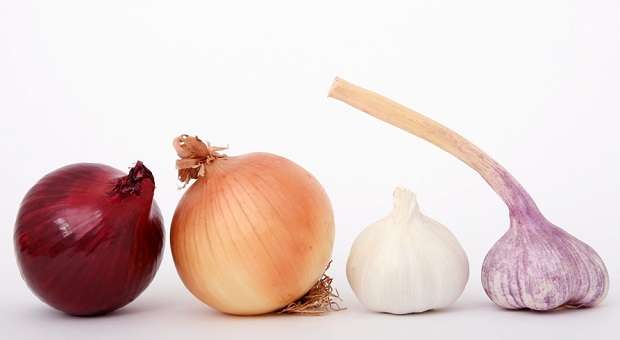
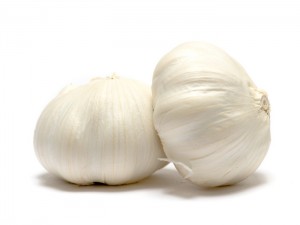
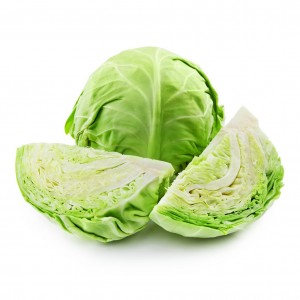

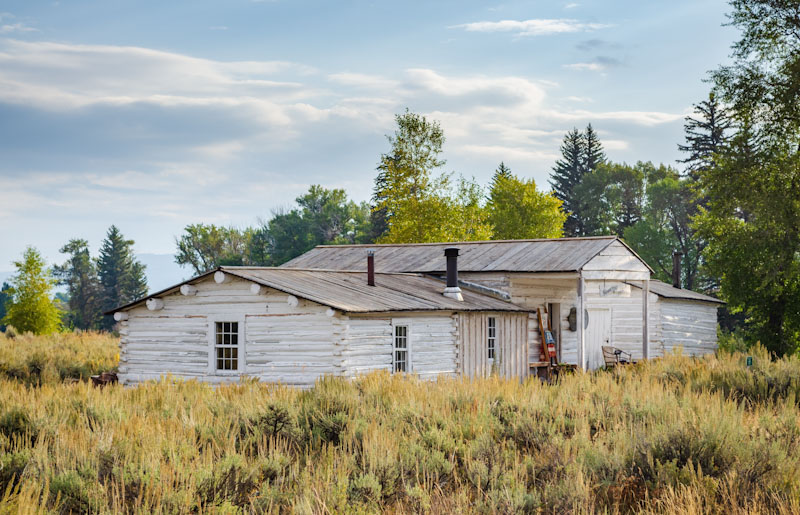
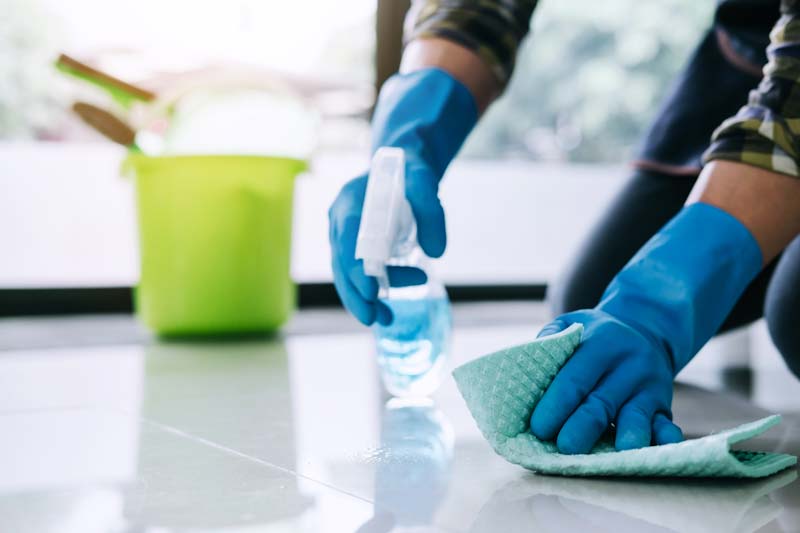
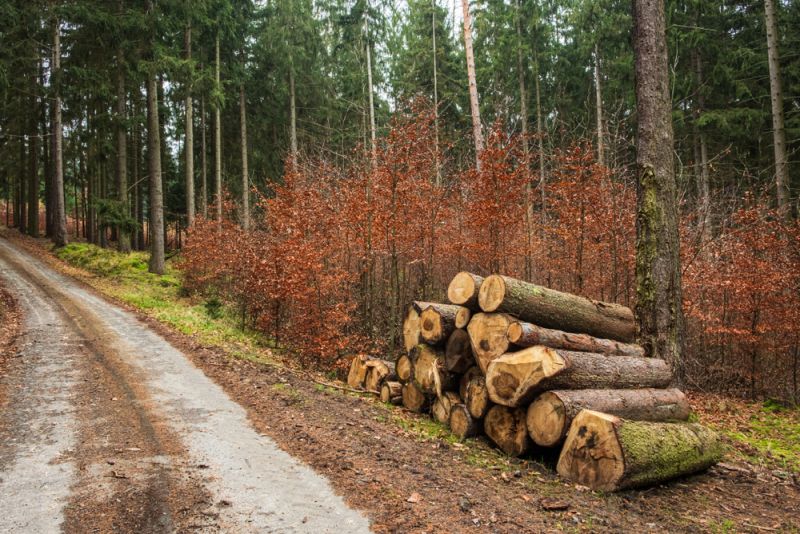
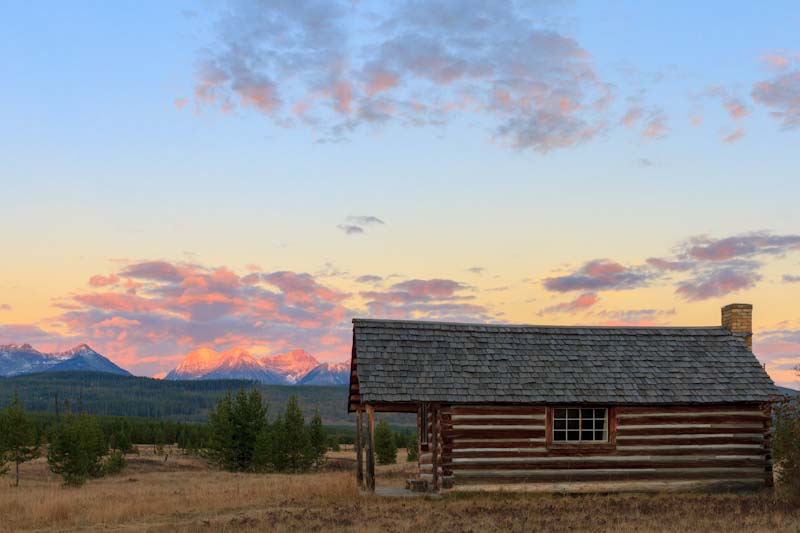

Brian Davis | November 18, 2013
|
Cayenne is essential for every body’s emergence kit. It not onlt is a great herb it also stops heart attacks and it stops bleeding. It does not burn when put on cuts or gashes. It stops bleeding. Cayenne when put in your boots in cold weather it also will keep your feet warm. Check it out. Cayenne !!! There also herbal first aid kits on the market. Kurt King has a book on hebal First Aid. Some day this may be all you’ll have available. I use to sell his book when I had my store. It was called Y2K Superstore CNN named us the Number 1 survial store in the nation.
That was in 1999. I no longer am in that business.
Dave | November 19, 2013
|
A garlic foot soak once or twice a week for 30 min. (Smash one whole head per gallon of warm water) will do wonders for so many health issues. I won’t bother to list the awesome benefits. Hands can be soaked too. I use the same batch two or three times before disposing of it, but I store it on the back porch because it can get pretty garlicky.
Roger The Gardener | November 19, 2013
|
Moringa, Moringa, Moringa. Most powerful healer of people and animals in the world for the past 10,000 years or more. 48 antioxidants and 10 amino acids. Whew. I grow it in my backyard folks.
George B | November 19, 2013
|
Never heard of Moringa and I’m 74.
Are we all losing the natural medicins to the pharma cos?
admin | November 19, 2013
|
Moringa usually grows in tropical and subtropical areas, from cuttings or from seeds. Some call it a miracle tree, due to its numerous applications. It has culinary and medical uses, and moringa seeds powder is presumed to have potential to make river water potable.
Roy | November 21, 2013
|
where do you get it?
admin | November 21, 2013
|
Seeds are available from a few places across the country. Moringa grows pretty well in Florida, for example, but take care: it grows incredibly fast and large, and requires constant attention and pruning, otherwise it will turn into a monster in one season.
Pingback:5 Plants from the Kitchen for Your Health | November 23, 2013
|
Lou Goode | November 25, 2013
|
You forgot honey— good for sore throats, healing burns and cuts.
Pingback:The Amazing Survival Uses of Kitchen Scraps | June 16, 2014
|
Pingback:5 Forgotten Plants Our Ancestors Used For Food | Survivopedia | April 25, 2016
|
Pingback:5 Forgotten Plants Our Ancestors Used For Food | Prepper's Survival Homestead | April 25, 2016
|
Pingback:5 Forgotten Plants Our Ancestors Used For Food | NewZSentinel | April 25, 2016
|
Pingback:5 Forgotten Plants Our Ancestors Used For Food | | disasterdefense.us | April 26, 2016
|
Pingback:8 Natural Remedies For Gingivitis | Prepper's Survival Homestead | June 22, 2016
|
Pingback:8 Natural Remedies For Gingivitis | | disasterdefense.us | June 22, 2016
|
Pingback:7 Ways to Boost Your Immune System Before Winter | Survivopedia | March 6, 2018
|